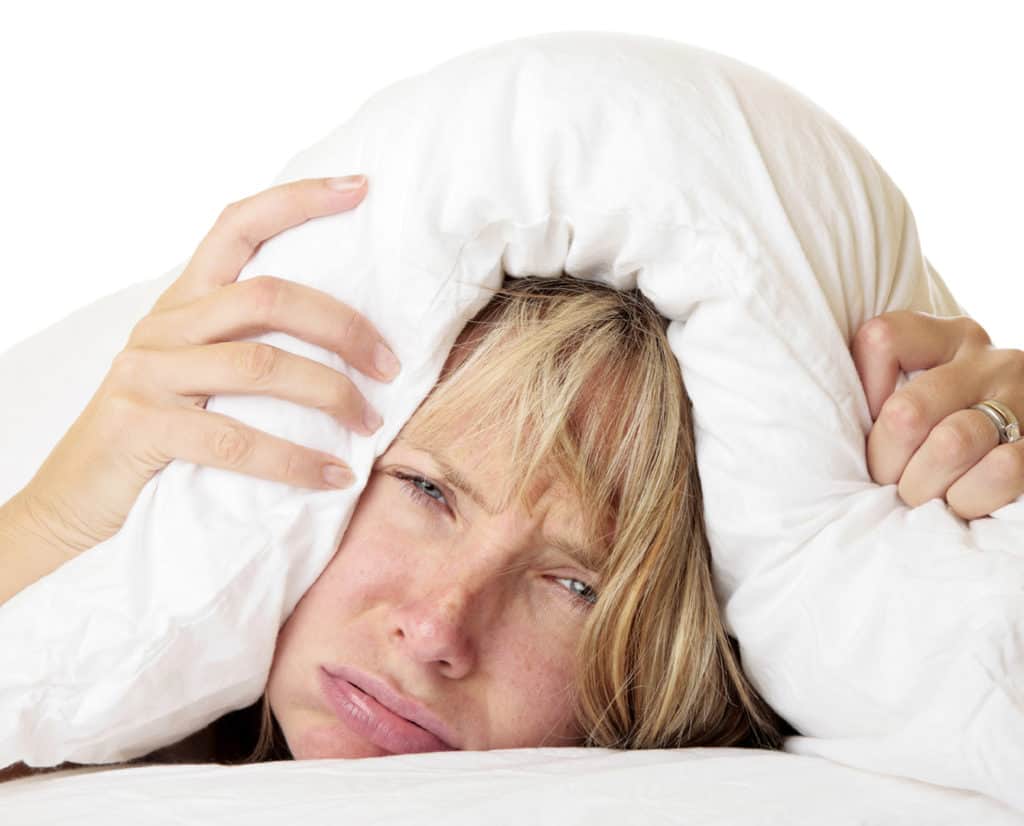Has the pandemic affected your sleep?

The last couple of years have really taken their toll on the nation’s sleep, with a new word – Covid-somnia – entering the dictionary. The word ‘insomnia’ was googled more in 2020 than ever before, and research shows that the pandemic lockdowns have led to a significant rise in the number of people suffering from sleep problems. One study found that 40% of us have had issues, while another reports that insomnia is now affecting one in four of us as opposed to one in six before the pandemic. Most significant is that people suffering from Covid appeared to have higher rates of sleep problems.
When researchers from the University of Southampton analysed data collected from over 15,000 people during April 2020 they found this sharp rise from 2018/19 – with women, essential workers and ethnic minority groups worst affected. Further research published in the Journal of Clinical Sleep Medicine in February 2021 researchers found that 40% of people were having sleep deprivation, plus unexplained sleep problems which have also been arising in some people who have recovered from Covid.
The no1 reason to crack insomnia…
If you have trouble sleeping, the ripple effects on the rest of your health are innumerable, but the number one reason to get a good night’s kip in pandemic times is that sleep and immune health are intimately connected. Disrupted/insufficient sleep and work burnout have been linked to a heightened risk of infectious diseases. In a study published in the British Medical Journal in March 2021 researchers assessed whether sleep and self-reported burnout may be risk factors for Covid among high-risk healthcare workers in France, Germany, Italy, Spain, UK and USA. In all six countries they found longer sleep duration was associated with lower odds of Covid, and greater sleep problems and high level of burnout were robustly associated with greater odds of COVID-19.
10 tips to getting a better night’s sleep
- Programme your body clock: keep regular sleep hours. Most of us need between seven and nine hours of sleep and especially if we are fighting an infection or recuperating.
- Create the right environment: your bedroom should be cool (between 18°C and 24°C) and free from noise and light. Consider blackout curtains, an eye mask or ear plugs if necessary. Ensure your mattress and pillows are comfortable, supportive and clean.
- Introduce relaxing activities: writing ‘to do’ lists for the next day can organise your thoughts and clear your mind. Gentle exercises such as light stretches can help relax the muscles and meditation, music and breathing exercises can help relax the mind. A warm bath (not hot) will help your body reach a temperature that’s ideal. Consider adding chamomile or lavender essential oils which have calming and sleep-promoting properties.
- Embrace morning light: opening the curtains or getting outside soon after waking cues your brain to start the day. Research shows that greater exposure to sunlight induces deeper sleep. During the winter months consider a light box which mimics outdoor light. And maybe make a habit of taking yourself outside for 15 minutes for your first cuppa of the day.
- Exercise and keep active: as little as 10 minutes of aerobic exercise can dramatically improve sleep quality and duration. It’s a great stress buster too!
- Avoid energetic exercise 3 hours before bed: demanding physical activity can cause the body to secrete the stress hormone cortisol which is associated with increasing alertness making it difficult to fall asleep.
- Avoid large meals 2 hours before bed: your digestive system will continue working and sleep may be disrupted even if you don’t wake up. If you feel hungry try a light snack such as a sliced banana on an oat cake 45 minutes before bed.
- Avoid blue light 1 hour before bed: dim as many lights as possible and avoid electronic blue lights, such as TV, tablets and mobile phones. Darkness releases melatonin, the brain chemical that makes us sleepy.
- Avoid nicotine and alcohol: these act as stimulants meaning you will spend less time in deep sleep and more in the less restful REM stage leaving you feeling tired the next day.
- Try nasal breathing exercises: research shows that breathing through our noses, not our mouths, benefits our health in numerous ways. Some nasal breathing exercises have been shown to increase our REM sleep.
Natural sleep help
Here are some ingredients that are natural sleep aids…
- magnesium, known as ‘nature’s tranquiliser’, supports our levels of the calming neurotransmitter.
- GABA (Gamma-Aminobutyric Acid) – a vital chemical messenger that promotes sleep.
- l-tryptophan, which is used by the body to make serotonin, which if low can lead to a disruption of our circadian rhythms and restless sleep.
- l-theanine (a constituent of green tea), which has scientifically proven to increase relaxing brain waves.
- lactium (the ingredient in mothers’ milk that calms babies) which is calming especially for anyone suffering from mild stress and anxiety.
- hops (the beer ingredient), used traditionally for centuries for their calming, sedative effects, which are particularly helpful for those struggling to wind down before bedtime.
We recommend Nutri Advanced’s MegaMag Night Formula, a powder containing all these natural ingredients, which we are finding is especially helpful for many people right now
Information adapted from data supplied by Nutri Advanced
